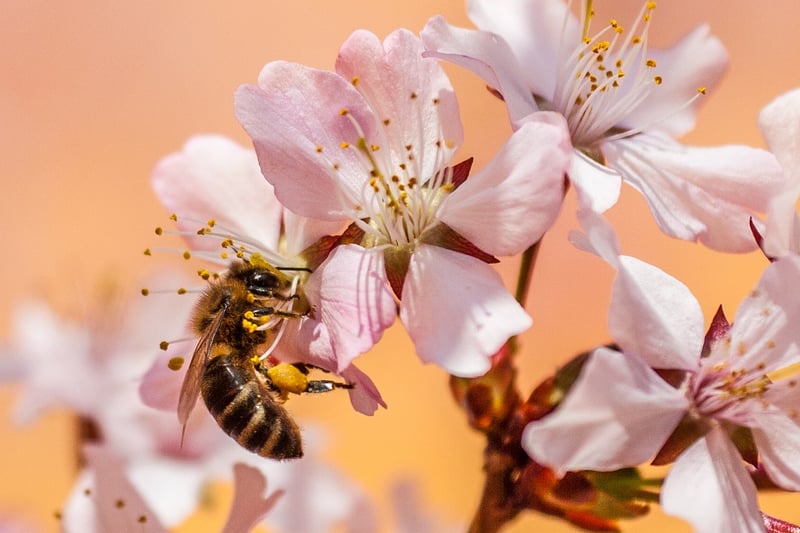Beneficial Insects
Managing Garden Pests and Beneficial Insects
Introduction
Welcome to our guide on managing garden pests and harnessing the power of beneficial insects to maintain a healthy and thriving garden ecosystem. In this article, we will explore natural and sustainable methods to keep pests at bay while encouraging beneficial insects to flourish.
Identifying Common Garden Pests
Before delving into pest management strategies, it's essential to identify common garden pests that may threaten your plants. Some typical garden pests include aphids, caterpillars, snails, slugs, and spider mites.
Managing Garden Pests
1. Companion Planting: Planting pest-repelling herbs and flowers alongside your vegetables can help deter pests naturally.
2. Organic Sprays: Utilize organic sprays like neem oil or insecticidal soap to control pest populations without harming beneficial insects.
3. Handpicking: Regularly inspect your plants and manually remove pests like caterpillars and beetles to prevent infestations.
Beneficial Insects in the Garden
Not all insects are harmful to your garden; some play a vital role in pest control and pollination. Here are some beneficial insects you should welcome into your garden:
- Ladybugs
- Praying Mantis
- Lacewings
- Ground Beetles
- Honeybees
Attracting Beneficial Insects
1. Plant Diversity: Create a diverse garden with a variety of plants to attract a wide range of beneficial insects.
2. Provide Shelter: Incorporate structures like bee hotels and rock piles to offer shelter for beneficial insects.
3. Avoid Pesticides: Minimize the use of chemical pesticides to protect beneficial insect populations in your garden.
Conclusion
By implementing these strategies, you can effectively manage garden pests while promoting the presence of beneficial insects in your garden. Embracing a holistic approach to pest control will lead to a more balanced and sustainable garden ecosystem.

Remember, a healthy garden is a harmonious environment where pests are kept in check naturally, thanks to the assistance of beneficial insects.
